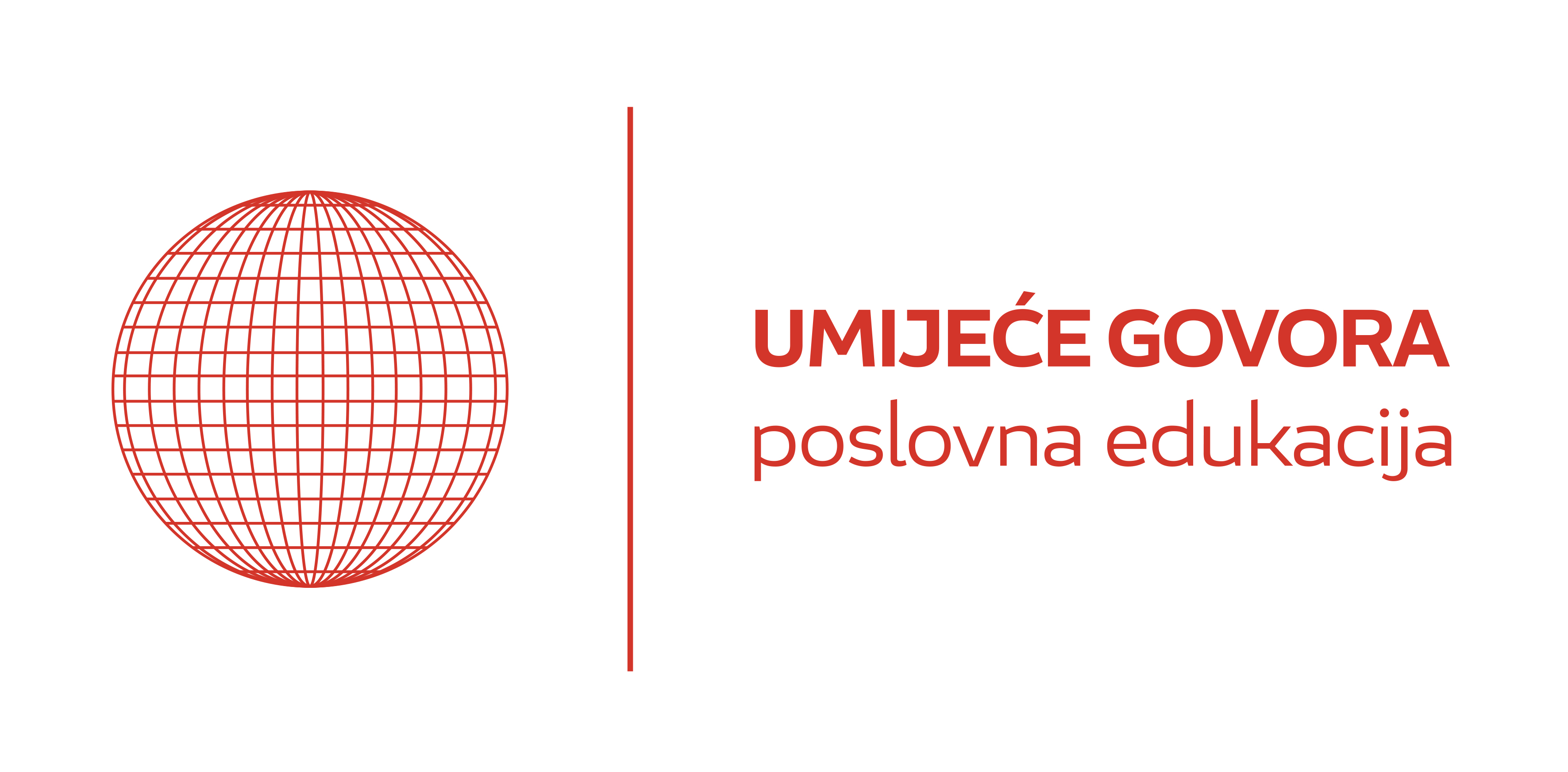Public Opinion
Jagoda Poropat Darrer
Public Opinion: Democratic Tool or Populist Demagogy
Objavljeno u časopisu Diplomacy and Commerce
Which came first: the chicken or the egg? That’s approximately the answer when arguing weather the power of public opinion is one of the foundations of democracy or the way to empower populism. In commerce, the viral spreading of consumer’s opinion is transforming the traditional consumer into prosumer.
It was Jean Jacques Rousseau who has first introduced the term public opinion, and Edmund Burke the first to use a similar term general opinion in the public address to his voters connecting it with a democratic control of the government and the participation of the people in making executive decisions.
Public opinion and the urge to express our own opinions publicly are explained as a human need to communicate. First the mass media, recently Internet and social media, are the main agents and, according to some researchers, the creators of the public opinion. To paraphrase Umberto Eco, contemporary Italian philosopher and renowned semiotician, social media have given a right to publicly speak to a legion of fools that have previously been talking only in pubs after few drinks and didn’t harm the society because they have been shushed immediately. But now, they are treated equally as Nobel Prize winners. Television has promoted the Simple Simon over whom consumers felt superior. The Internet instead, upgraded that same Simple Simon in the decision maker.
Political parties and politicians often use the terms “populist” and “populism” as pejoratives against their opponents. Such a view sees populism as demagogy, merely appearing to empathize with the public through rhetoric or unrealistic proposals in order to increase appeal across the political spectrum. In his book “The Rub of Time”, Martin Amis states that “populism relies on a sentimental and, in fact, very old-fashioned view that the uneducated population knows better in its instincts than the over-refined elite. That leads to anti-intellectualism, which is self-destructive for everyone. As Marijana Grbeša, Croatian political scientist says “the media for populists are the “oxygen of the publicity” and populists for media are “terrific media meet”.
Another Croatian political scientist, Berto Šalaj reminds us that populism enters the contemporary politics and political theory as left wing term, but today is related to right wing parties. “The etymological comparison of democracy and populism leads to the conclusion that these are concepts of similar meaning. Democracy literally means the reign of people, while populism originates in the Latin word populus or the people. In the Roman Republic the term was used to mark a political movement that represented the interests of “ordinary” citizens (Morstein-Marx, 2003). In spite of these similarities, in the modern use, these two terms differ.”
The most influential contemporary definition of populism derives from the Dutch political scientist Cas Mudde, and according to him populism is an “ideology that divides society into two antagonistic groups, a common people and a corrupt elite, and which claims that politics should be the expression of the will of the people” (2004). Some authors (Taguieff, 1995, Tarchi, 2002, 2008; Jansen, 2011) believe that populism should be treated as a political discourse or a political style that is inherent in different social and political groups since it is the only common feature of the various populist movements to call upon the people.
It is, above all, a political language and rhetoric which insist on simplicity and directness. We read in Britannica that “in the classical democracy of Athens, it was commonly observed that everything depended on the people, and the people were dependent on the word. Wealth, fame, and respect—all could be given or taken away by persuading the populace.” Opinions were also swayed by means of speeches, sermons, and face-to-face discussions.
The influence of public opinion is not restricted to politics and elections. It is a powerful force in many other spheres, such as culture, fashion, marketing, literature, arts, public relations, or consumer spending. Susan Gunelius, for forbes.com writes that the term “prosumer” has transformed from meaning “professional consumer” to meaning “product and brand advocate.” “Rather than simply “consuming” products, people are becoming the voices of those products and significantly impacting the success or failure of companies, products, and brands, particularly through their involvement on the social web. No longer are businesses completely in control of their products, brands and messages. Today, consumers are in control. The leaders of this shift are the members of the social web — bloggers, micro bloggers, forum posters, social networking participants, and so on, which spread messages, influence people around the world, and drive demand. That’s where the power of the social web and online influencers to drive word-of-mouth marketing further than ever comes into the picture, and that’s the ultimate goal for business leaders and marketers.”





